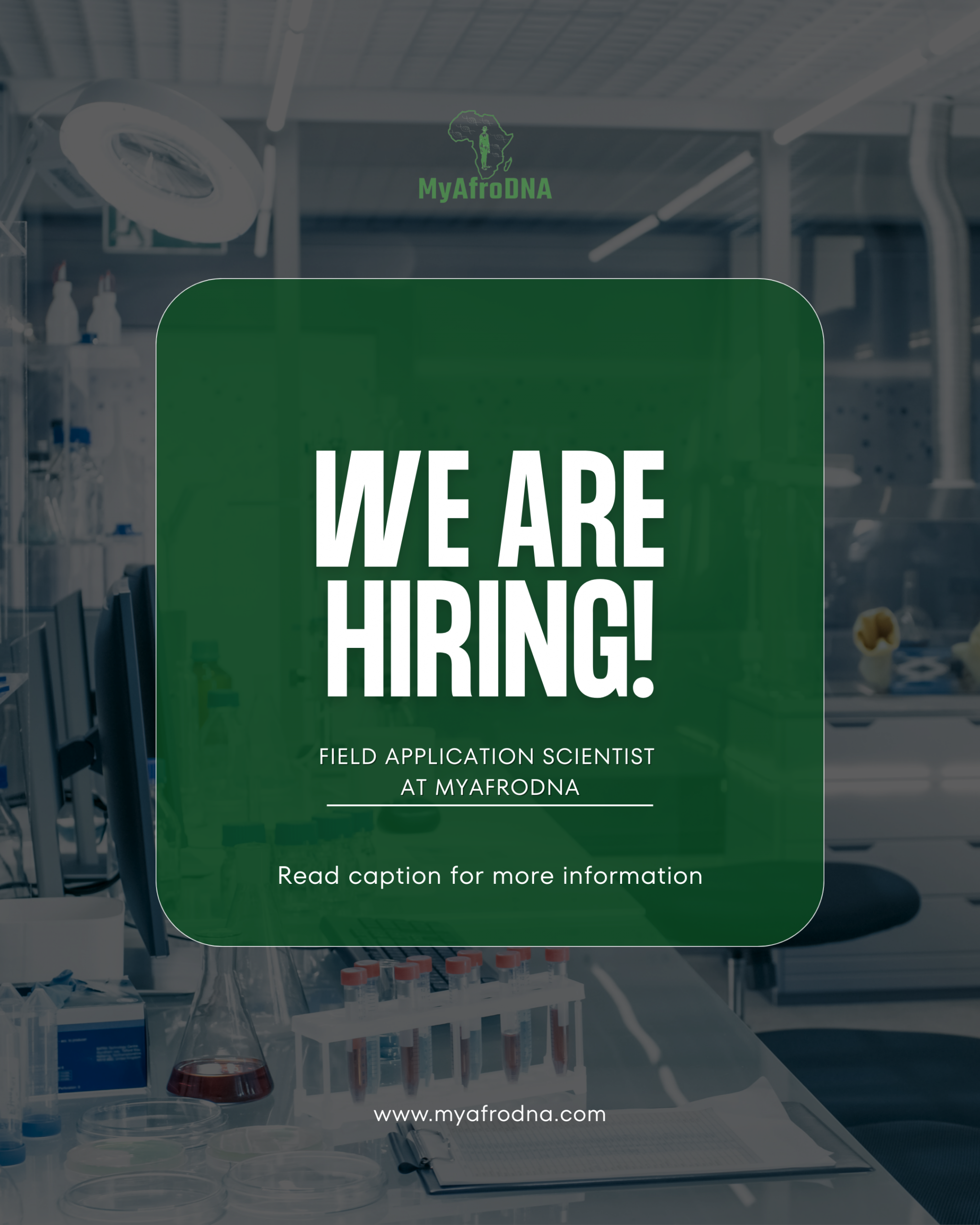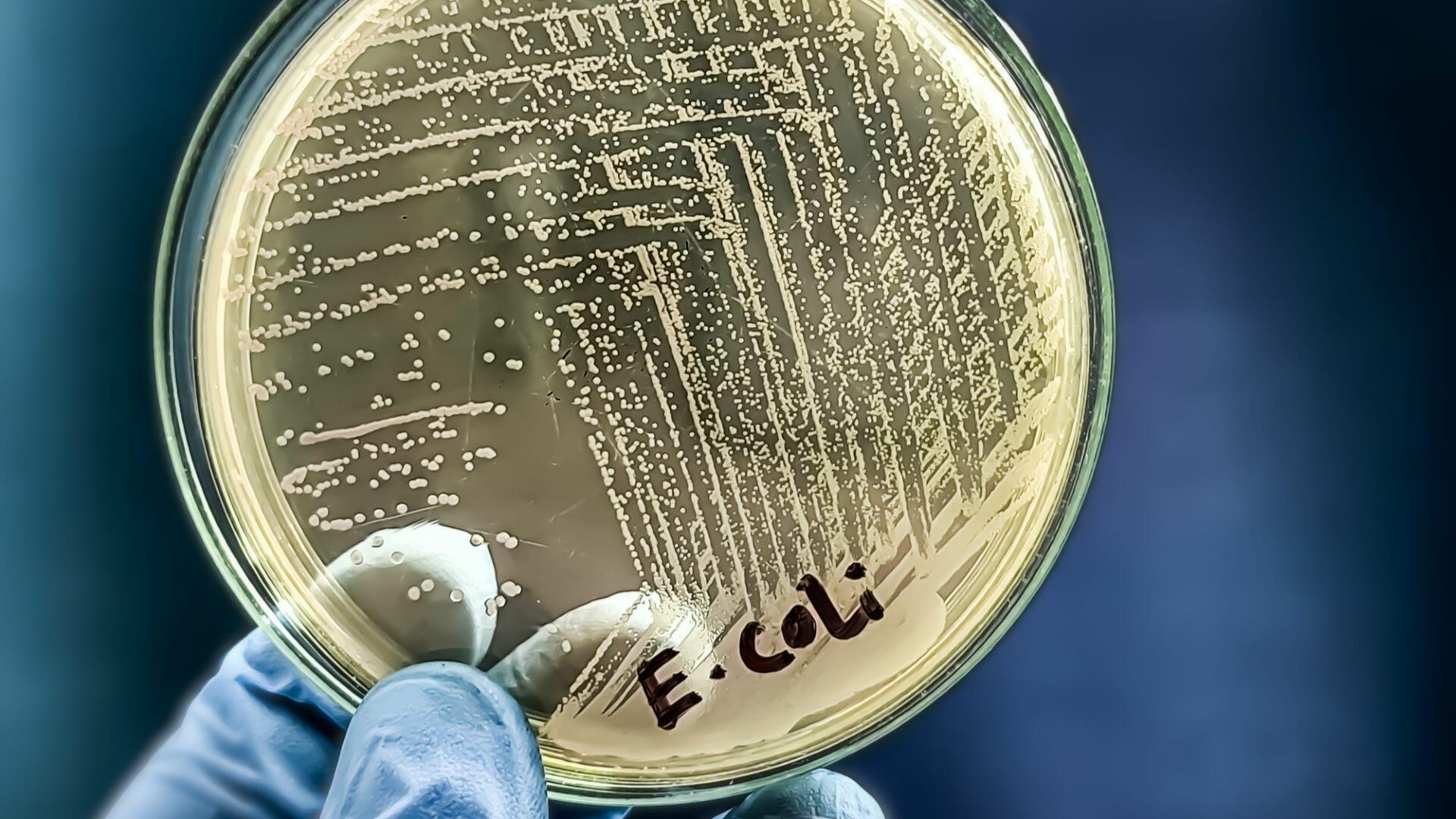Location: Port Harcourt, Nigeria (Hybrid)
Organization: MyAfroDNA – Advancing African Genomics and Molecular Research
Type: Full-time | Contract | Onsite
About Us
MyAfroDNA is a pioneering biotech dedicated to providing African biospecimens, molecular testing, and CRO services to support global research, public health, and innovation. From paternity testing to biospecimen analysis, we are committed to delivering high-quality scientific services.
Role Overview
We are looking for a dynamic Field Application Scientist to serve as a liason between our laboratory team and external stakeholders. This role is ideal for someone passionate about genomics, diagnostics, and community-focused science, with a talent for building relationships, developing partnerships, and driving client engagement.
Key Responsibilities
- Promote MyAfroDNA’s services to research institutions, hospitals, NGOs, and private clients.
- Identify and develop partnerships with universities, labs, and health organizations.
- Conduct field visits to introduce our services and collect feedback.
- Represent MyAfroDNA at events, conferences, and local exhibitions.
- Collaborate with the product team to ensure client needs inform service development.
- Provide input on marketing strategy from a scientific and community-focused lens.
Requirements
- Background in Biology, Biotechnology, Public Health, or a related field.
- Strong communication, networking, and presentation skills.
- Familiarity with molecular testing and biospecimen collection.
- Experience working with communities, NGOs, or research teams is a plus.
- Willingness to travel within Nigeria and beyond as needed.
Bonus Skills
- Community Engagement
- Experience with grant writing or science communication
- Previous work in a startup or research outreach
How to Apply
Please complete the application form using this link and upload your CV and cover letter.




